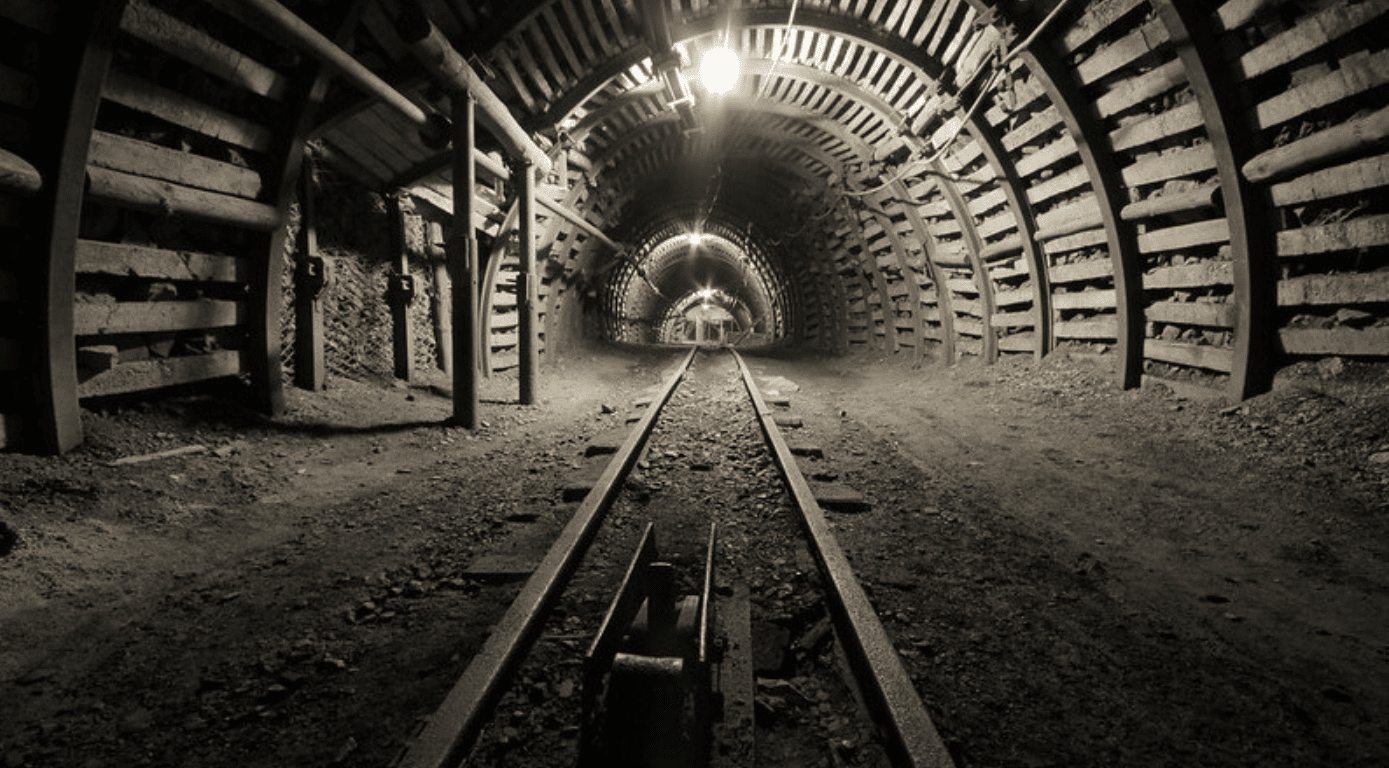

The Energy Crisis is a “National Political Humiliation” Stemming From Decades of Green Fantasy Energy Policy
Tony Lodge from the Centre for Policy Studies has written in the Telegraph a searing criticism of Britain’s energy policy over the past several decades, rightly calling it a “national political humiliation”.
Britain’s energy crisis is a national political humiliation. It is a direct result of a generation of cross-party policy failures and contradictions which have conspired to deliver a perfect storm.
Grave errors by a range of past energy ministers range from: Patricia Hewitt’s opposition to nuclear power in 2001; Ed Miliband’s refusal to back new clean coal plants in 2009; Chris Huhne renewing opposition to new nuclear in 2012; Ed Davey supporting wood pellet plants over new gas in 2013; Amber Rudd overseeing the end of carbon capture funding in 2015; Greg Clark allowing the closure of the Rough gas storage site in 2017 and Andrea Leadsom banning fracking in 2019, to name just a few.
This brief summary of just some of the failures and short-term policy-making mistakes of recent years ran in parallel with the conscious and consistent run-down of reliable U.K. electricity generation. Between 2000 and 2017 over a third of the U.K.’s firm baseload electricity generating capacity was closed to meet EU rules without any comparable net replacements.
Instead, ministers approved weather-dependent renewables and more interconnectors to import power from the Continent, thus offshoring British energy jobs, resilience and security. New nuclear is already twenty years late.
The result is that in July during the heatwave the National Grid had to panic-buy Belgian electricity at £9,724 per megawatt hour, more than 5,000% (50 times) the typical price, to prevent London suffering blackouts.


Tony says that whilst backbenchers are told to keep citing Russia and Ukraine as the reason for the energy crunch, the real story is that “years of ministerial dithering alongside bad and conflicted planning by Whitehall and network managers have helped deliver the perfect storm of high electricity prices, tight supplies and insufficient power”.
The problem started with Blair and went from there:
The writing was on the wall years ago following the Blair, Brown and Cameron Governments’ decision to slavishly follow EU diktat and start closing coal and oil-fired power stations without clear policies to build cleaner equivalent replacements; weather-dependent windmills and solar panels could never fill the gap. The EU’s various power station directives, first supported by the Blair Government in 2001, forced the U.K. to start shutting key plants from 2012.
To address this systemic policy failure, Tony proposes a judge-led public inquiry “to prevent recurrence and to identify the key mistakes on the part of politicians, regulators and senior civil servants”.
There is no guarantee, however, that such an inquiry would avoid the fantasy green groupthink and NIMBYism that has afflicted U.K. energy policy for decades.
The real problem is the wrongheaded thinking of politicians of all parties, civil servants, regulators and ‘experts’, driven largely by an apocalyptic vision of the future and a messianic sense of needing to do something about it. In those circumstances, it’s hard to see how much a judge can do. The only thing that will really help is for everyone to start waking up from their collective delusion and look at things plainly and rationally. I suppose the right judge could help this happen, though the wrong one would make it worse, and either way he or she would take a very long time about it.
What’s much more urgently needed are political leaders willing to recognise reality and break with the herd to listen to the right voices and forge a better path ahead. It remains to be seen if the latest crop – under the new King Charles the Green – will be any better in this regard than their dismal predecessors.
Tony’s piece is worth reading in full.







